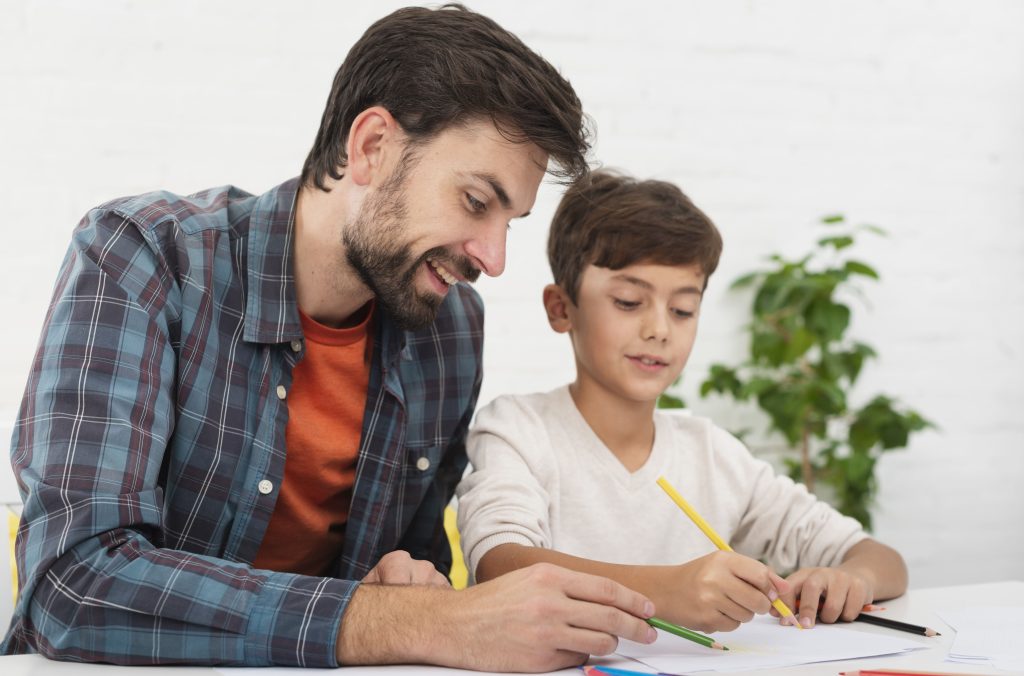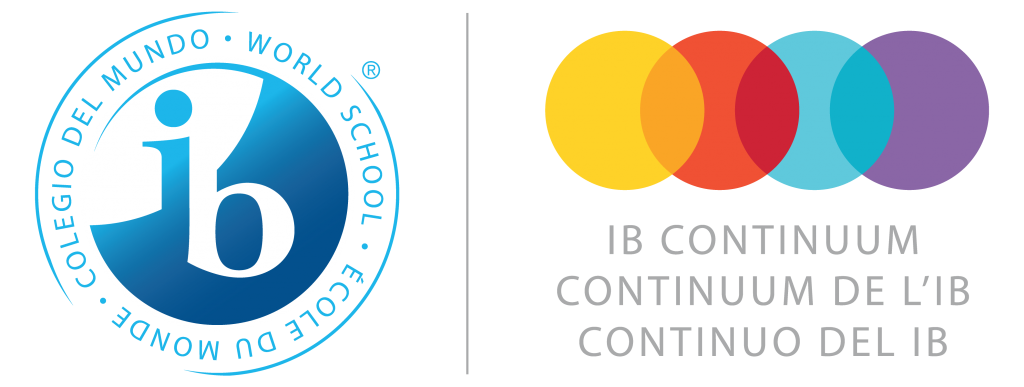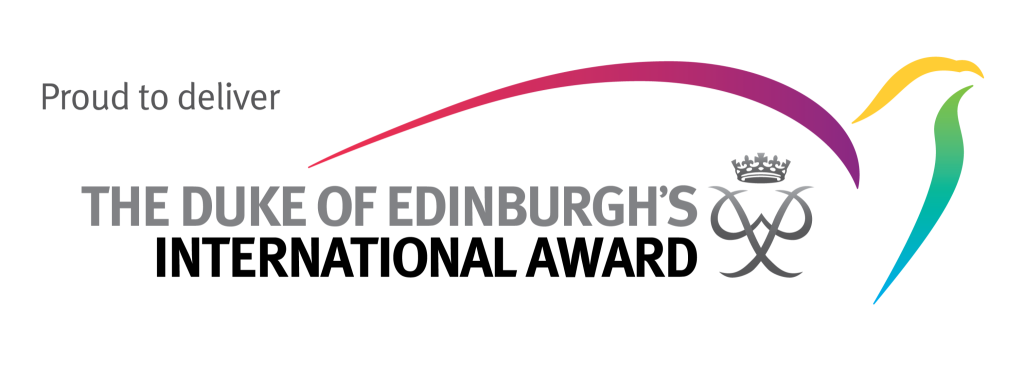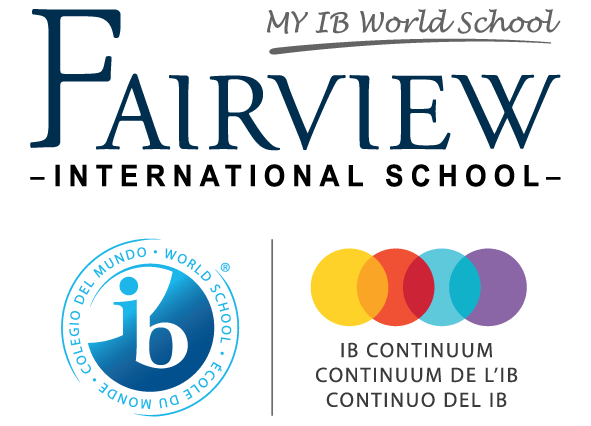Meet Alex, the Parent Who Turned Mistakes Into Opportunities
Alex, a concerned parent in Kuala Lumpur, was growing frustrated.
His son Ethan, a primary school student at Fairview International School, struggled to retain what he learned in class. Despite hours of reviewing material, Ethan often froze during tests or blanked on key concepts.
After speaking with Ethan’s teachers, Alex realised that simply repeating answers wasn’t working. He needed a deeper way to help his son engage with his learning both at home and in school.
That’s when the school’s advisor introduced him to an innovative, research-backed strategy: Errorful Generation and Confidence Checks.
These approaches were already part of Fairview’s inquiry-based learning philosophy, which sets it apart from many private schools in Kuala Lumpur, Malaysia. Inspired by what he saw, Alex decided to reinforce the technique at home.
Within weeks, Ethan’s confidence grew, his memory improved, and his grades followed suit.
What Is Errorful Generation and Confidence Checking?
This technique combines two evidence-based strategies to supercharge learning:
- Errorful Generation
Present a question or problem before teaching the concept. Let the learner attempt an answer—even if it’s likely to be wrong. This process creates stronger memory links by engaging active thought.
- Confidence Checks
After the learner responds, ask them to rate how confident they feel about their answer (e.g., on a scale of 1 to 5). This helps the student identify their knowledge gaps and develop metacognitive skills.
Why It Works
- Deeper Encoding
Guessing an answer first boosts memory retention by 10–15% compared to just receiving the answer (Kornell et al., 2009).
- Improved Self-Awareness
Confidence ratings help learners recognise what they know and where they’re unsure of. This leads to academic gains of up to 20% (Baars et al., 2018).
- Long-Term Retention
Revisiting previously guessed answers strengthens memory consolidation by up to 25% (Roediger & Butler, 2011).
- Enhanced Critical Thinking
Students who engage in errorful generation develop stronger problem-solving skills, improving performance by 18% (Bjork et al., 2013).
- Reduced Test Anxiety
Confidence checks reduce stress during assessments, helping students feel more prepared and in control (Zeidner, 2014).
Learning Beyond the Classroom in Malaysia
Did you know? Schools in Kuala Lumpur, Malaysia, are increasingly embracing brain-based strategies like Errorful Generation to support deeper learning.
Learn more about how Fairview integrates these approaches as part of a wider movement to personalise education across both international primary and high school levels in Malaysia.
A Parent-School Collaboration That Made Learning Stick

Alex worked hand in hand with Fairview, one of the leading private schools in Kuala Lumpur. Together, they formulated a personalised learning plan that used this dual strategy to support Ethan in both classroom and home settings.
Here’s how it looks in practice:
- Start With a Question
Before teaching a concept, Alex asks Ethan a related question.For example, when learning about fractions, Alex asks, “If you have 4 pieces of pizza and eat 2, what fraction of the pizza is left?”
Ethan hesitates but guesses, “One-fourth?”
- Log the Confidence Level
Alex then asks, “How sure are you about that?”Ethan rates his confidence as 2 out of 5.
- Teach the Concept
Alex explains the correct answer step by step: “If you eat 2 out of 4 pieces, that’s half, or 2/4. We can simplify that to 1/2.”
- Re-Test Later
During a review later in the week, Alex asks the same question.This time, Ethan confidently replies, “One-half!” with a confidence rating of 4 out of 5, while also being able to explain how he reached the answer.
Over time, Ethan’s confidence and accuracy continued to grow.
The Results
Alex saw remarkable improvements in his son’s learning:
- Stronger Retention: Ethan remembered concepts longer and could apply them to new problems.
- Improved Confidence: Rating his answers helped Ethan feel more in control of his learning.
- Better Test Performance: By recognising and addressing his weak spots, Ethan became more prepared for exams.
- Increased Engagement: The interactive nature of guessing and rating made learning more interesting and less stressful.
The wonderful thing about these benefits is that they extend beyond primary school! As Ethan moves on to high school in Malaysia and even tertiary education, these techniques can continue to support him.
How You Can Use This Technique at Home or in Class
Want to try Errorful Generation and Confidence Checks with your child or students?
Here’s a step-by-step guide to get started:
- Ask Before You Teach
Start with a related question or problem to let the learner guess. Even wrong answers are valuable!
- Log Confidence Levels
After each guess, ask how confident they feel on a 1–5 scale. Keep the process non-judgmental.
- Explain Clearly
Provide the correct answer with a clear explanation. Highlight why the incorrect guess didn’t work.
- Review Regularly
Revisit the same question later to reinforce learning. Track how confidence ratings improve over time.
This method works because it changes the way learners interact with new information. Instead of passively receiving answers, they actively engage by guessing, making mistakes, and reflecting on their understanding. Confidence checks ensure they’re not just learning—they’re learning how to learn.
Final Thoughts: Learning is a Continuous Process, Not a Destination

Alex and Ethan’s story shows how a simple change in approach can make a big difference. We’ve been given a glimpse of how learning can flourish when schools and families work together.
As a respected international primary school and high school in Malaysia, Fairview empowers students to take ownership of their learning through inquiry, self-reflection, and yes, even mistakes.
If you’re looking for a way to deepen your little one’s learning and build confidence at home or school, consider giving Errorful Generation and Confidence Checks a try.
Want to see how Fairview can support your child’s learning journey? Contact us today to learn more about our International Baccalaureate (IB) curriculum, our values, and why we’re one of the top private schools in Kuala Lumpur, Malaysia!
Works Cited
- Kornell, Nate, et al. “The Pretesting Effect: Do Unsuccessful Retrieval Attempts Enhance Learning?” Journal of Experimental Psychology: Learning, Memory, and Cognition, vol. 35, no. 4, 2009, pp. 989–998.
- Baars, Martine, et al. “The Relation Between Metacognitive Monitoring and Learning Outcomes.” Metacognition and Learning, vol. 13, no. 1, 2018, pp. 21–38.
- Roediger, Henry L., and Andrew C. Butler. “The Critical Role of Retrieval Practice in Long-Term Retention.” Trends in Cognitive Sciences, vol. 15, no. 1, 2011, pp. 20–27.
- Bjork, Robert A., et al. “Making Things Hard on Yourself, But in a Good Way: Creating Desirable Difficulties to Enhance Learning.” Psychological Science in the Public Interest, vol. 14, no. 2, 2013, pp. 58–68.
- Zeidner, Moshe. “Test Anxiety in Educational Contexts: Concepts, Findings, and Future Directions.” Educational Psychology Review, vol. 26, no. 2, 2014, pp. 153–176.












